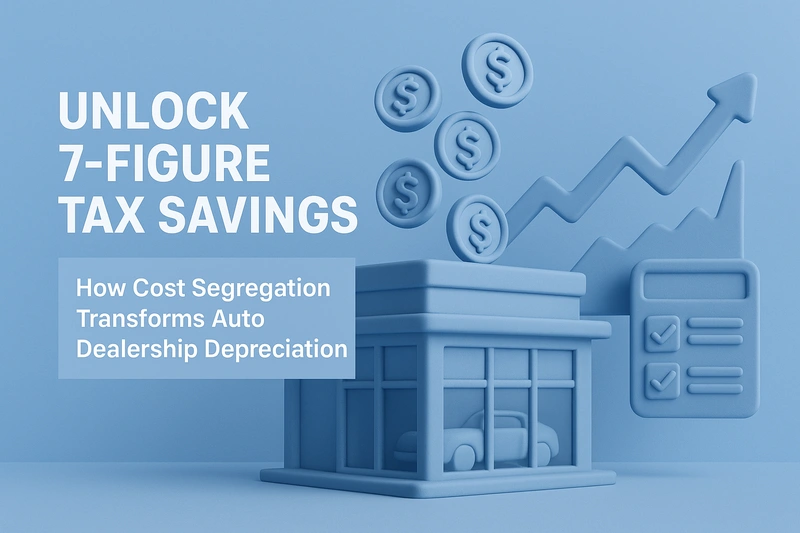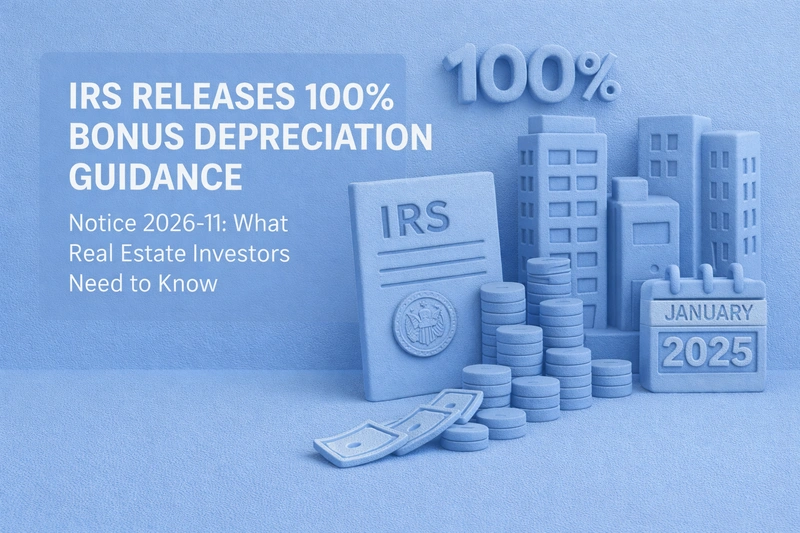Short-term rentals can be a great way for taxpayers to generate additional income, and there are tax strategies that can be used to offset this income against active income.
To get started, it's important to understand the difference between active income and passive income. Active income is income earned from working a job or running a business, while passive income is income earned from investments or rental properties.
In the case of short-term rentals, the income earned from renting out a property would generally be considered passive income. However, if the taxpayer is actively involved in managing and maintaining the rental property, they may be able to offset this passive income against their active income.
So this is the Short Term Rental Tax Hack (it’s all in the tax code):
To claim deductions (such as depreciation and expenditures) against your active income, you must establish that your short-term rental income is NOT passive and that you actively participate in it’s property management. Let's break these two items down individually, and read carefully, because you might be able to gain all of the benefits directly from the Tax Code!
Demonstrate it is not Passive Income:
Here are the six ways in which income from a rental property is excluded from the definition of a rental activity, and thus not necessarily passive, according to the tax code Reg. Section 1.469-1T(e)(3)(ii)(A) :
- The average period of customer use for such property is seven days or less.
- The average period of customer use for such property is 30 days or less, and significant personal services are provided by or on behalf of the owner of the property in connection with making the property available for use by customers. This could include services like a hotel would provide, such as daily cleaning or meals.
- Extraordinary personal services (same as above) are provided by or on behalf of the owner of the property in connection with making such property available for use by customers (without regard to the average period of customer use).
- The rental of such property is treated as incidental to a non-rental activity of the taxpayer.
- The taxpayer customarily makes the property available during defined business hours for nonexclusive use by various customers.
- The provision of the property for use in an activity conducted by a partnership, S corporation, or joint venture in which the taxpayer owns an interest is not a rental activity.
Take the test for Material Participation:
The above-mentioned limitations to the tax code's definition of rental activities can also make losses non-passive if you meet one of seven major participation criteria. These tests will assess whether you qualify based on how involved you are with your short-term rental property.
Spend more than 500 hours on the short-term rental business
- Do substantially everything for the STR business
- Spend more than 100 hours on the activity and no one other individual spends more time than you do
- Significant participation activity for more than 100 hours and your combined activity in all significant participation activities exceeds 500 hours
- Participating in the business for five of the 10 previous taxable years
- Personal service activity (non-income-producing) for three of the previous taxable years
- Regular, continuous, provable participation in the business for more than 100 hours
If you pass at least one of these criteria and your short-term rental is not included in the definition of rental activity, it qualifies as non-passive.
A real estate professional status is yet another means for compensating passive income against active income. To qualify as a real estate professional, the taxpayer must devote more than half of their working hours and at least 750 hours per year to Real Estate operations. If the taxpayer achieves these requirements, they may be entitled to deduct passive losses from rental properties from active income.
If I accelerate depreciation, can I also take those losses against my active income?
Yes!, Depreciation is part of the deductions that you are entitled to offset against your income and lower your tax burden. Cost Segregation isa faster way to claim thesed deductions based on the life of the different assets contained in a Short Term Rental property.
In the case of short-term rental properties, cost segregation can be particularly beneficial because these properties often have a high amount of personal property, such as furniture, appliances, and electronics, that can be depreciated over shorter periods of time. By separating out these assets from the building itself, property owners can accelerate the depreciation deductions and potentially offset the rental income against their active income.
Overall, cost segregation can be a powerful tax planning strategy for short-term rental property owners looking to maximize their tax benefits and minimize their tax liabilities. By accelerating depreciation deductions, property owners can potentially offset the income earned from the short-term rental against their active income, resulting in significant tax savings and increased cash flow.
Conclusions
It's important to note that there are limitations to these deductions and strategies, and taxpayers should consult with a tax professional to determine the best course of action for their specific situation. Additionally, it's crucial to maintain accurate records and documentation of all rental income and expenses in order to properly claim deductions and avoid any potential audit issues.
Overall, owning a short-term rental can be a lucrative way to generate additional income, and there are tax strategies that can be used to offset this income against active income. By carefully managing the rental property, utilizing tools such as Cost Segregation and working with a tax professional, taxpayers can maximize their tax benefits and minimize their tax liabilities.






